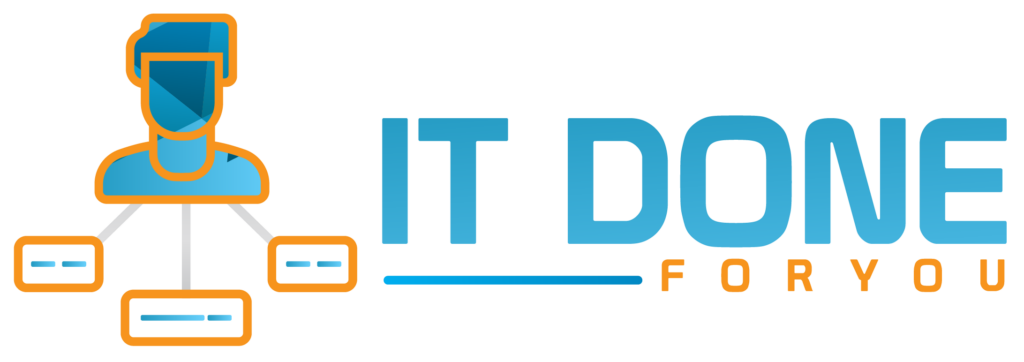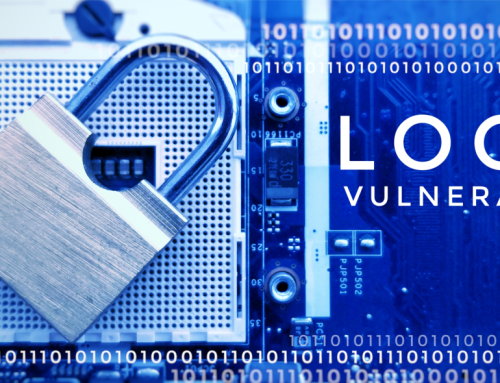Why does identity theft happen to children? The answer is simple — children’s identities are empty. There is no established credit history, previous locations lived, bankruptcies, or anything that adults have in their history.
Children are pretty much a blank slate. They’re more likely to be identity theft victims, with at least half of them under six years old. If you’ve got children or plan on having them, you’ll want to pay attention. Learn how to protect them from fraudsters who cost families millions of dollars every single year.

Child Identity Theft
Child identity theft is the same as adult identity theft. Criminals use personally identifiable information like SSNs for the sole purpose of committing fraud. Child-held social security numbers are empty. You also won’t likely look at your child’s credit history for at least a decade or more. This provides scammers the time to cause significant damage.
Family members are often behind the theft because they’re the ones closest to the documents. Children’s SSNs also end up on the Dark Web, allowing thieves to take out loans and open fraudulent credit lines without you ever knowing.

Child Identity Theft
Child identity theft is the same as adult identity theft. Criminals use personally identifiable information like SSNs for the sole purpose of committing fraud. Child-held social security numbers are empty. You also won’t likely look at your child’s credit history for at least a decade or more. This provides scammers the time to cause significant damage.
Family members are often behind the theft because they’re the ones closest to the documents. Children’s SSNs also end up on the Dark Web, allowing thieves to take out loans and open fraudulent credit lines without you ever knowing.

Child Identities Exposed
Child identity exposure happens all the time due to the many places where providing information about your children is necessary. Schools, social media, healthcare facilities — they all need personally identifiable information for your children.
Combine the common exposure with unintentional parental oversharing, and you’ve got the perfect storm. It’s full of opportunities to expose child identities. Complete profile information, also referred to as “child fullz” online, is easy to find. They include full names, birthdays, SSNs, and current addresses. These profiles also come cheap, so children become easy targets.
Child Identities Exposed
Child identity exposure happens all the time due to the many places where providing information about your children is necessary. Schools, social media, healthcare facilities — they all need personally identifiable information for your children.
Combine the common exposure with unintentional parental oversharing, and you’ve got the perfect storm. It’s full of opportunities to expose child identities. Complete profile information, also referred to as “child fullz” online, is easy to find. They include full names, birthdays, SSNs, and current addresses. These profiles also come cheap, so children become easy targets.

The Warning Signs
It’s not unusual for child identity theft to go unnoticed. In fact, it can go on for years before you even realize it is happening. Your child will notice when they’re finally ready to apply for credit cards or anything that requires a credit history check. Unfortunately, the damage has been done by then, so it’s essential to recognize the signs and stop fraudsters in their tracks.
These are some signs that your child’s identity has been stolen. You’ll want to make a mental note, or better yet, bookmark this article so you can refer back to it.
- IRS notice—you might receive a statement from the IRS saying that taxes are due or owed. You may also get letters about outstanding balances for previous tax years. If you see these, you must take action as soon as possible to fix the issue.
- Government benefit denial—when you know you and your family qualify for benefits and your child gets denied, it’s usually because the SSN is attached to someone else. This is a big red flag and needs to be addressed immediately.
- Credit card offers—if your child starts getting credit card or loan offers in the mail, it’s likely that someone got a hold of their information. These companies don’t send these letters to children — unless there’s fraud happening that you don’t know about.
- Collections calls—this should be a given because under no circumstances should you be getting a call from collections for your child’s debt. If you ever get one, immediately check into what might be going on in the background. The following information will help you take the necessary steps if you suspect identity theft.
It’s not unusual for child identity theft to go unnoticed. In fact, it can go on for years before you even realize it is happening. Your child will notice when they’re finally ready to apply for credit cards or anything that requires a credit history check. Unfortunately, the damage has been done by then, so it’s essential to recognize the signs and stop fraudsters in their tracks.
These are some signs that your child’s identity has been stolen. You’ll want to make a mental note, or better yet, bookmark this article so you can refer back to it.
- IRS notice—you might receive a statement from the IRS saying that taxes are due or owed. You may also get letters about outstanding balances for previous tax years. If you see these, you must take action as soon as possible to fix the issue.
- Government benefit denial—when you know you and your family qualify for benefits and your child gets denied, it’s usually because the SSN is attached to someone else. This is a big red flag and needs to be addressed immediately.
- Credit card offers—if your child starts getting credit card or loan offers in the mail, it’s likely that someone got a hold of their information. These companies don’t send these letters to children — unless there’s fraud happening that you don’t know about.
- Collections calls—this should be a given because under no circumstances should you be getting a call from collections for your child’s debt. If you ever get one, immediately check into what might be going on in the background. The following information will help you take the necessary steps if you suspect identity theft.

How to Handle Child Identity Theft
If you think your child is a victim of identity theft, you’ll want to run a credit check with their social security number. When the report runs, if you see accounts, you’ll need to follow the instructions provided by every agency to remove fraudulent information.
You can also request a credit freeze. This makes it more challenging to open a new account using your child’s information. You’ll also want to review who has access to your child’s information and revoke it where you can.
It’s important to remember that children can be the cause of the problems, just like adults can at work. It’s entirely accidental, but how often do you or someone you know write something sensitive down that you don’t want to forget? Children will do the same thing. You’ll want to make sure they understand how to be online safely. That’s just the beginning. You’ll also want to monitor their information regularly.

How to Handle Child Identity Theft
If you think your child is a victim of identity theft, you’ll want to run a credit check with their social security number. When the report runs, if you see accounts, you’ll need to follow the instructions provided by every agency to remove fraudulent information.
You can also request a credit freeze. This makes it more challenging to open a new account using your child’s information. You’ll also want to review who has access to your child’s information and revoke it where you can.
It’s important to remember that children can be the cause of the problems, just like adults can at work. It’s entirely accidental, but how often do you or someone you know write something sensitive down that you don’t want to forget? Children will do the same thing. You’ll want to make sure they understand how to be online safely. That’s just the beginning. You’ll also want to monitor their information regularly.
Be Proactive to Protect Your Child’s Identity
To effectively protect your child’s identity, you’ll want to take a look at where your child’s information is stored. Don’t be afraid to verify that access is secure.
You’ll also want to check where and how your child’s information will be used. Pay special attention to schools and other places that hold personally identifiable information. You may also want to issue a credit freeze from the start to keep your child’s identity safe.
Unfortunately, there are people out there who will jump on any vulnerability they find and exploit it. For a security evaluation or discussion for your network and how to keep sensitive information safe, contact IT Done For You to learn more.
Be Proactive to Protect Your Child’s Identity
To effectively protect your child’s identity, you’ll want to take a look at where your child’s information is stored. Don’t be afraid to verify that access is secure.
You’ll also want to check where and how your child’s information will be used. Pay special attention to schools and other places that hold personally identifiable information. You may also want to issue a credit freeze from the start to keep your child’s identity safe.
Unfortunately, there are people out there who will jump on any vulnerability they find and exploit it. For a security evaluation or discussion for your network and how to keep sensitive information safe, contact IT Done For You to learn more.
Share This Story, Choose Your Platform!
Let’s have a 15-minute video call
We are now taking on new clients.





